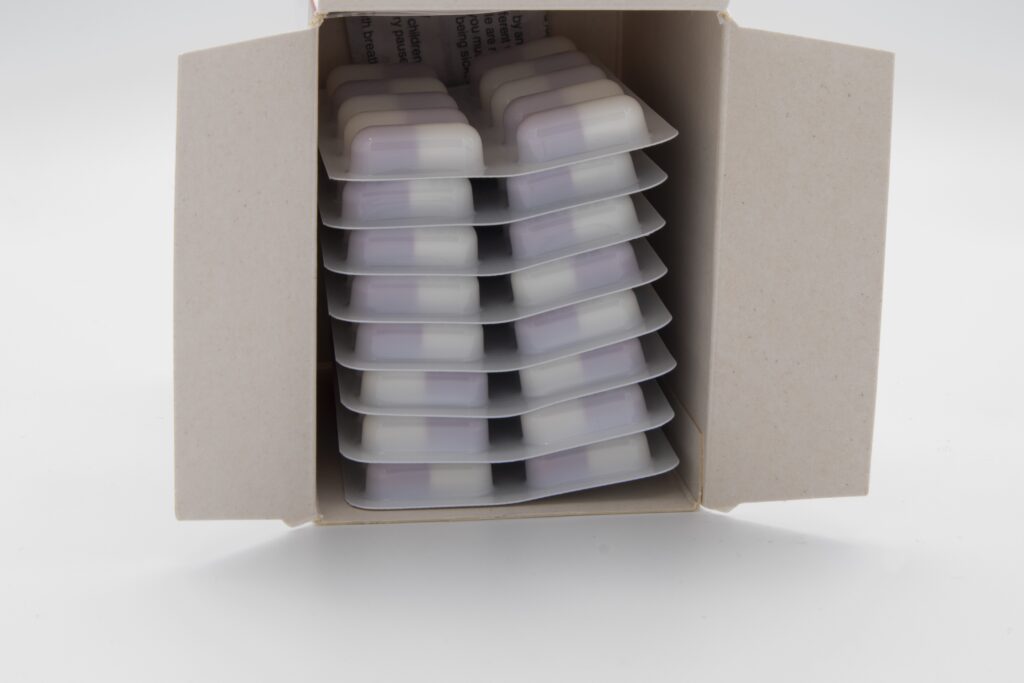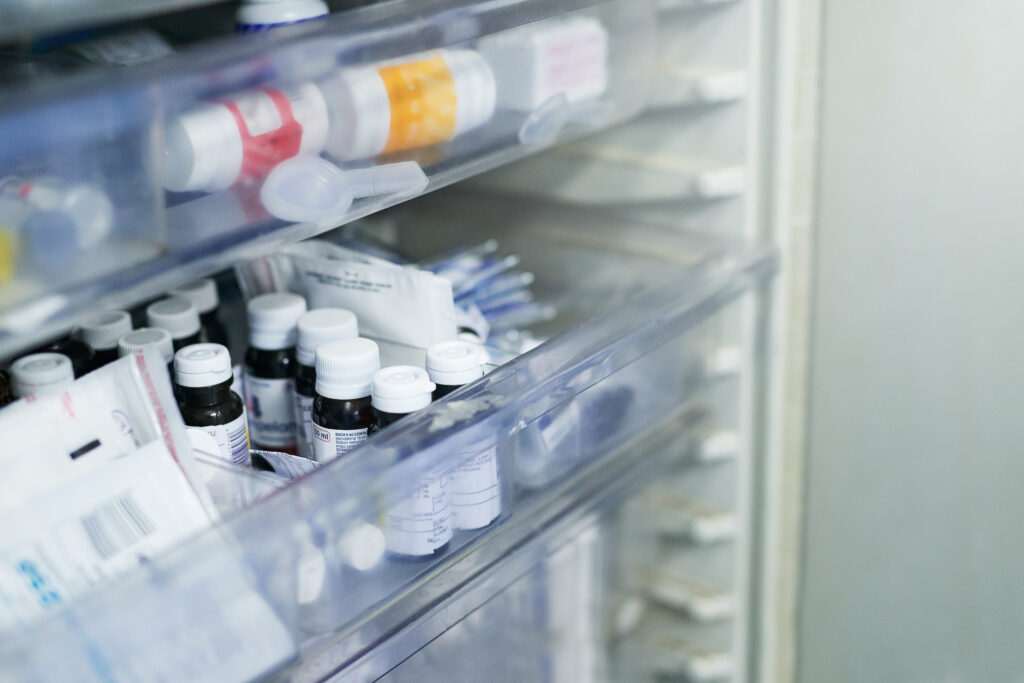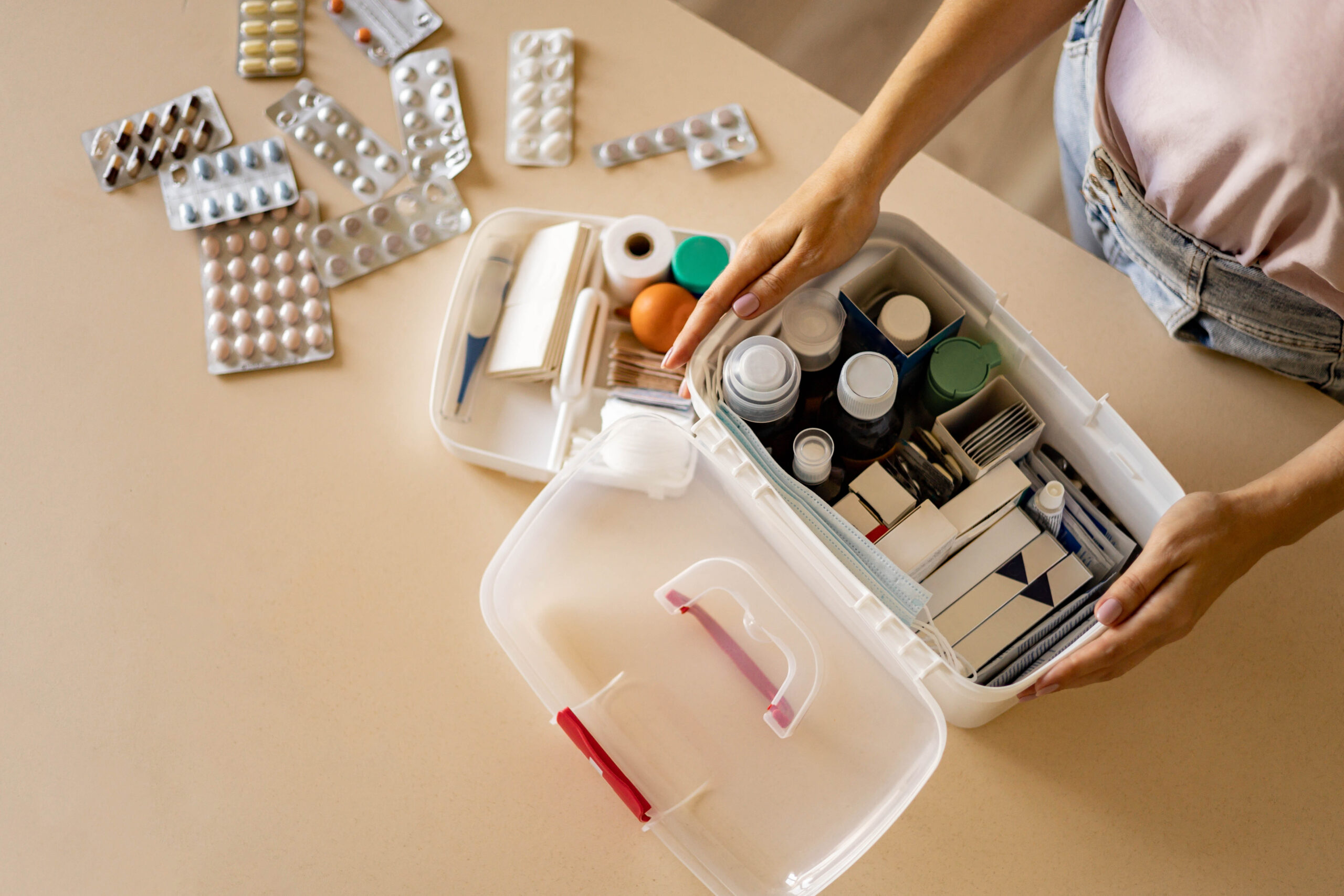How to Store Unused Medications Properly: A Complete Guide
Medications are an essential part of modern healthcare, but proper storage is just as important as taking the right dosage. Whether you’ve finished your course of treatment or have extra pills on hand, storing unused medications properly can help preserve their effectiveness, reduce health risks, and prevent misuse.
In this blog, we’ll walk you through the best practices for storing unused medications safely at home and why it matters more than you might think.
Why Proper Storage of Medications Matters
Many people overlook how storage conditions affect medication quality. Temperature, light, humidity, and exposure to air can all degrade the active ingredients in medicines. This can lead to reduced effectiveness or even harmful chemical changes in certain drugs.
Moreover, storing medications carelessly can pose risks like:
- Accidental ingestion by children or pets
- Misuse by others in the household
- Mix-ups with current prescriptions
By following simple storage rules, you can keep your unused medications safe, potent, and ready to use if needed (only when recommended by a healthcare provider).
General Guidelines for Storing Unused Medications
1. Keep Medicines in Original Packaging

The original container provides important information like:
- Expiration date
- Dosage instructions
- Storage guidelines
- Drug identification
It’s also designed to protect the medicine from moisture and light.
2. Store in a Cool, Dry Place
Most medications are best stored in a place that is:
- Room temperature (68°F–77°F / 20°C–25°C)
- Low in humidity
- Away from direct sunlight
Avoid the bathroom or kitchen, as these areas are often warm and damp. A locked cabinet in your bedroom or hallway is often a better option.
3. Avoid Freezing or Overheating

Unless a medicine specifically requires refrigeration, do not store it in extreme temperatures. Freezing can damage liquid medications, and heat can degrade pills or capsules.
If refrigeration is needed (e.g., for insulin or some liquid antibiotics), keep it in the middle of the fridge, not on the door where temperatures fluctuate.
4. Use Childproof Containers
Always keep medications out of the reach and sight of children. Use child-resistant lids and lockable storage boxes for added protection.
5. Keep Separate from Active Medications
To prevent confusion, keep unused medications separate from your current prescriptions. Label them clearly and store them in a designated container or drawer.
Special Notes for Certain Medication Types
- Liquid medications: These are more sensitive to heat and contamination. If opened, they often have a shorter shelf life.
- Inhalers and creams: Store upright and in a cool place, away from sunlight. Check expiry even if the product appears full.
- Eye drops: These can easily get contaminated. Follow the “discard after opening” date on the label.
What Not to Do When Storing Unused Medications
- Do not mix different medicines in the same container – this can cause contamination or confusion.
- Do not store near food or beverages – this prevents accidental ingestion and cross-contamination.
- Do not ignore expiration dates – expired medications may lose potency or become harmful.
When Should You Dispose of Stored Medications?
While proper storage can extend a medication’s stability, most unused medications should be reviewed regularly. Dispose of them if:
- They have passed the expiry date.
- The appearance, smell, or texture has changed.
- You no longer need them or were advised to stop using them.
Tip: Mark your calendar to review your medicine cabinet every 3–6 months.
If you want to learn more , Click here..
Conclusion
Properly storing unused medications is about more than just keeping your home organized — it’s a matter of safety, health, and responsibility. By following these guidelines, you can protect your household, maintain medication quality, and support a healthier community.


Leave A Comment